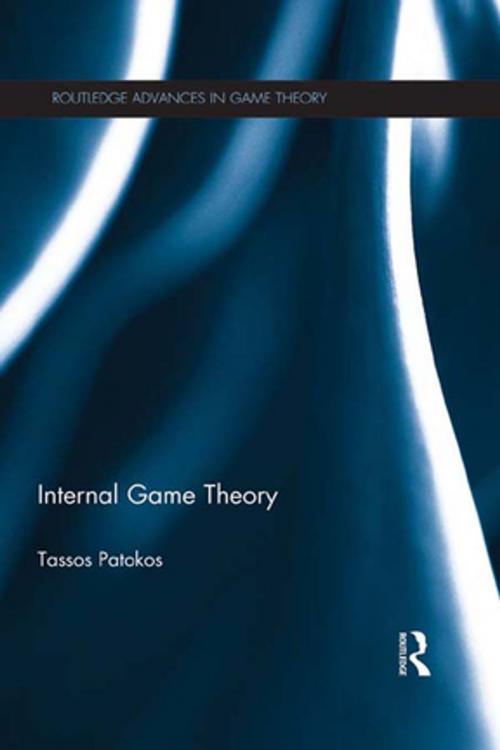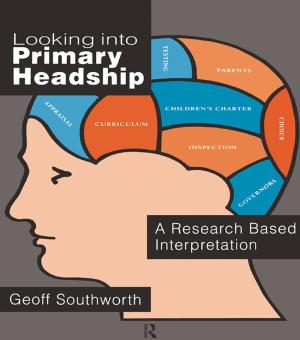| Author: | Tassos Patokos | ISBN: | 9781135933364 |
| Publisher: | Taylor and Francis | Publication: | April 17, 2013 |
| Imprint: | Routledge | Language: | English |
| Author: | Tassos Patokos |
| ISBN: | 9781135933364 |
| Publisher: | Taylor and Francis |
| Publication: | April 17, 2013 |
| Imprint: | Routledge |
| Language: | English |
Traditional game theory requires at least two individuals. This book extends game theory to the inner workings of a single person.
Using game theory to analyse single individuals makes sense if one thinks of individuals as consisting of two or more relatively autonomous partitions that might have conflicting motives. This is not to say that individuals are literally made up from multiple selves; it only suffices that we adopt a portrayal of the individual as a multilayered entity or of a dual nature, in a manner similar to Adam Smith’s depiction of an "impartial spectator" existing within the individual,
The notion that individuals may be considered as collections of distinct partitions or "sub-selves" has been challenging writers from diverse fields for many centuries. This book breaks new ground in combining psychological with evolutionary game theory, making for a highly promising way towards a better understanding of the individual and the development of their behaviour, along with the individual’s own perceptions on it.
Traditional game theory requires at least two individuals. This book extends game theory to the inner workings of a single person.
Using game theory to analyse single individuals makes sense if one thinks of individuals as consisting of two or more relatively autonomous partitions that might have conflicting motives. This is not to say that individuals are literally made up from multiple selves; it only suffices that we adopt a portrayal of the individual as a multilayered entity or of a dual nature, in a manner similar to Adam Smith’s depiction of an "impartial spectator" existing within the individual,
The notion that individuals may be considered as collections of distinct partitions or "sub-selves" has been challenging writers from diverse fields for many centuries. This book breaks new ground in combining psychological with evolutionary game theory, making for a highly promising way towards a better understanding of the individual and the development of their behaviour, along with the individual’s own perceptions on it.















